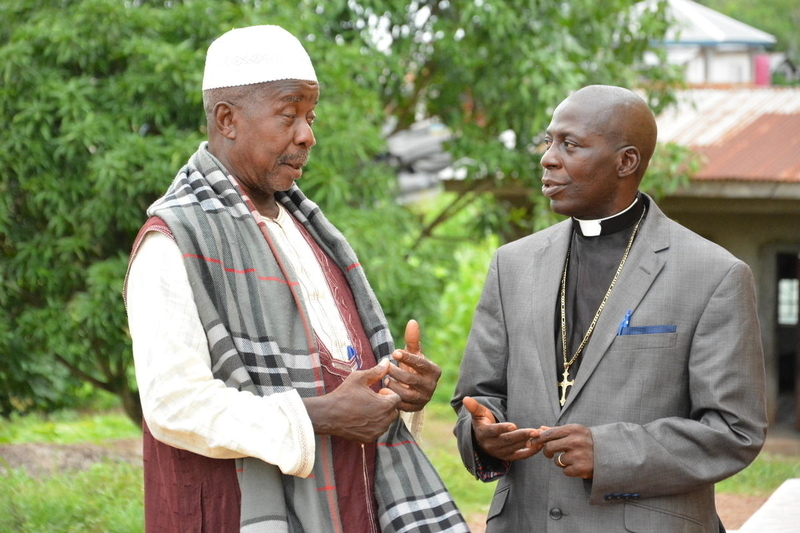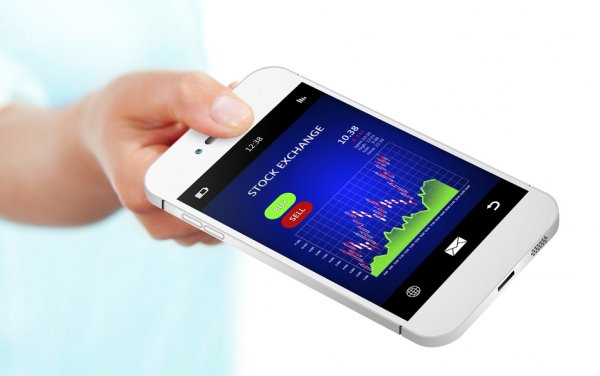
World Vision’s global network of faith leaders are using WhatsApp to stop misinformation and co-ordinate community-level, context-specific responses to COVID-19.
The aid and development agency works closely with faith leaders, as they are often the most trusted and authoritative voices in the communities it serves. But this is the first time the network has mobilised on this scale, and in this way.
“There are WhatsApp groups in countries right across Latin America, Asia, Africa, Middle East and Eastern Europe. These are moderated by mentors to ensure accurate and up-to-date information is conveyed,” says World Vision’s Director of Faith and Development Esther Lehmann-Sow.
“This approach has previously helped us increase awareness, improve uptake of recommended behaviour, and decrease stigma around HIV and AIDS, Zika and Ebola.”
The WhatsApp groups are made up of around 8,000 faith leaders who have attended World Vision’s behaviour change workshops.
“We work with faith leaders so they can use their influence on parents and local governments to adopt behaviours that protect and provide for children. In this case, faith leaders are playing a key role in our efforts to protect children from the potentially catastrophic secondary effects of COVID19,” says Lehmann-Sow.
The groups operate much like a telephone tree, with each of those participants taking what they have learnt, and activating their own networks, helping the agency reach an estimated 80,000 faith leaders in total. Pastor Peter Kainwo from Bo in Sierra Leone is one of them. He believes the system enables him to directly and indirectly reach every community in his country.
Pastor Peter says the faith leaders, who come from a variety of religious backgrounds, are committed to working alongside each other. “Doctrine divides us, but service unites us.”
Pastor Peter and his district’s Chief Imam, Alhaji Mustapha Koker, began contingency planning before COVID-19 even arrived in Sierra Leone.
“We began speaking to each other’s congregations and then moving our sermons to radio and television when we needed to isolate. But for many poor communities, they do not have access (to radio and television) so we bought megaphones and speakers, and with the blessing of authorities, started visiting villages, and educating them in this way. We have written jingles for the children so they can remember important messages”.
Pastor Peter and Imam Koker have also encouraged their networks to find accommodation for the homeless to self-isolate together, and ensure they have enough food and water to get them through Sierra Leone’s lockdown period.
“The guidance from World Vision is preaching and counselling are not enough. We must demonstrate practical love.”
Another Pastor, Jonathan Mongello Apua from Democratic Republic of Congo, which is now also contending with fresh cases of Ebola, says people are far more fearful of COVID-19.
“With Ebola, they could more easily understand how it was transmitted. Many could keep earning a living (no lockdown). My community is not rich, it is very, very poor. If you cannot work, if you have to isolate, you have no resources, your lifeline is cut.”
Pastor Jonathan adds many communities were particularly concerned about their children’s education, so he and the other members of his WhatsApp group began working with teachers to broadcast lessons on the radio. “Sometimes, radios must be shared between households but if they make it loud, they can still social-distance.”
“World Vision’s long history of working with churches means the organisation has strong partnerships with local churches of diverse denominations, and leaders of other faiths, based on a shared commitment to improve the well-being of all children. It is at times like this that our joint work makes a real difference for children,” says Lehmann-Sow.
World Vision has mobilised a response of at least USD$80 million (AU$126.9 million). The response will target tens of millions of people across the world, with a special focus on 28 countries where communities are especially vulnerable. The agency is preparing and assisting communities by:
• Mobilising, equipping and working with some of the more than 400,000 faith leaders in 50 countries the organisation has trained over the past ten years, to help prevent and respond to the effects of COVID-19 on children. • Training and equipping some of the global network of at least 220,000 community health workers to help with home care for the sick • Conducting health and information training over WhatsApp, WeChat and local radio • Ensuring community leaders and faith leaders are equipped with accurate information and implementing contingency plans • Setting up handwashing stations in communities and refugee camps • Distributing food, soap and PPE (including child-sized) around the world





